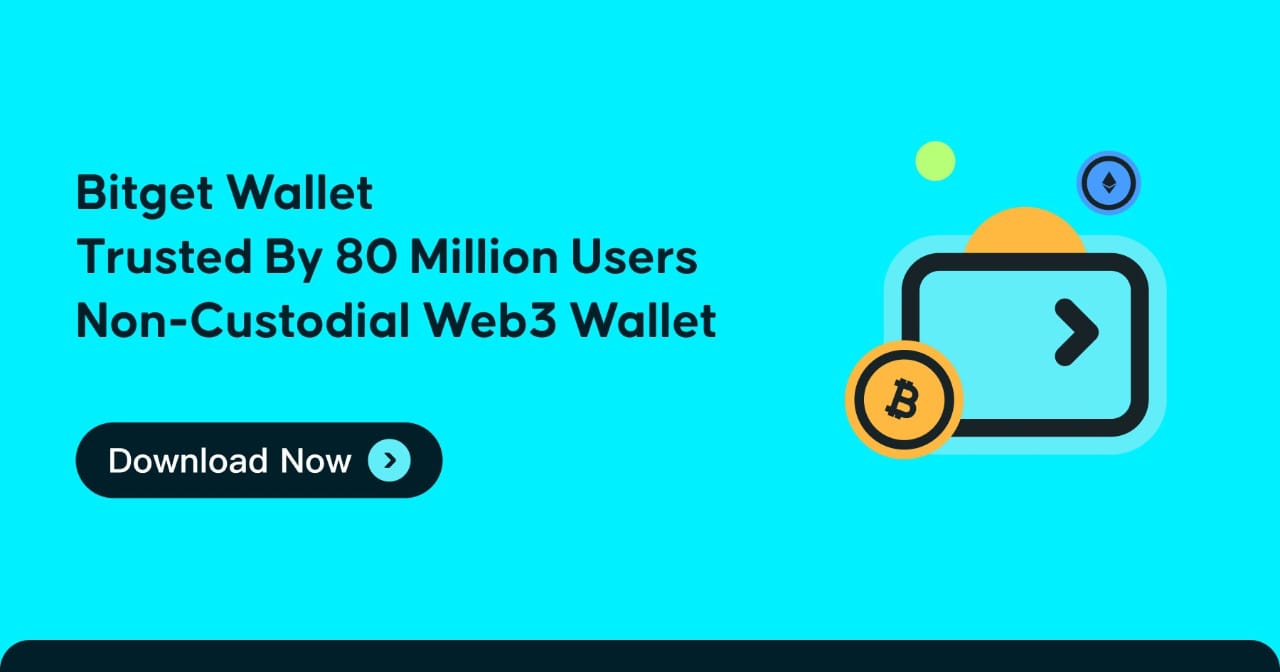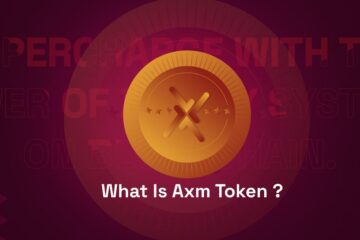Cryptocurrency seems to be a niche experiment that has taken the Pakistanis by surprise, embraced by internationally diversified citizens. Payments in stablecoins to freelancers and exposure to NFTs and blockchain coding to students are only a few indicators that have witnessed the increased use of crypto.
Yet, there is one question that goes on to create confusion: Is crypto legal in Pakistan?
It is not as simple as it would be desired by the majority. The cryptocurrency environment in Pakistan is somewhere in a gray area where the regulation framework is absent, but the industry is nevertheless present. That is why leaving the legal landscape is becoming more pertinent than ever before to take instantaneous cognizance of legal details, follow advocacy efforts, such as the Pakistan Crypto Council, and most significantly, secure your digital assets in trusted features such as Bitget Wallet.
The Rise of Crypto in Pakistan: What’s Driving It?
Pakistan ranks among the top countries in the world for crypto adoption, especially at the grassroots level. According to Chainalysis’ Global Crypto Adoption Index, Pakistan has consistently held a top 10 spot in recent years.
Why is crypto so attractive in this case?
- Remittances: Millions of foreign Pakistani workers, who are also known as overseas Pakistanis, are remitting money to their family and friends back home, and blockchain-based crypto provides a cheaper and quicker solution to traditional money transfer channels that are heavily regulated by banks.
- Freelancing: The digital workforce in Pakistan, especially such platforms as Upwork and Fiverr, tends to accept remuneration in the stablecoin form, such as USDT.
- Inflation protection: With the rupee facing ongoing devaluation, many see Bitcoin or stablecoins as a hedge.
- Youth engagement: Over 60% of Pakistan’s population is under 30, and tech adoption is high.
But despite the surge in usage, there’s still no clear legal guidance, leaving users to figure things out on their own.
Pakistan Crypto Council: Who They Are and Why They Matter
As the government continues to deliberate, some groups are stepping up to push the conversation forward. One such organization is the Pakistan Crypto Council—a collective of blockchain professionals, legal advisors, educators, and crypto users working to:
- Promote crypto literacy among the general public
- Open dialogue with the government and financial regulators
- Draft policy frameworks that ensure safe and inclusive adoption of blockchain technology
They are particularly notable when the misconception about legality exists in a country where it can cause not only misinformation but also predispose people to making decisions in fear.
👉 Want to stay informed on policy progress and advocacy efforts? Keep an eye on the Pakistan Crypto Council—they’re helping lead the charge toward a more transparent and secure crypto environment.
Is Crypto legal in Pakistan?
The legal status of crypto in Pakistan can only be explained as… uncertain.
Regulators Official Stand
- The State Bank of Pakistan (SBP) had published a circular in 2018 that blocked banks and other regulated financial institutions from conducting transactions in crypto.
- To date (2025), there is still no new legislation in place that intends to legalize or criminalize the usage of cryptocurrency by individuals.
- Its SBP has said it was looking into the blockchain, and its Securities and Exchange Commission of Pakistan (SECP) has shown reservations on open crypto markets.
Enforcement and Monitoring
- The Federal Investigation Agency (FIA) has followed up on cases involving suspected cryptocurrency laundering.
- Sections of exchanges and websites have been blocked periodically, but it is popular to use methods that bypass the block (e.g., VPNs).
- The decentralized wallets and peer-to-peer (P2P) networks remain active and serve the users in Pakistan.
Basically, it is not prohibited by law to use crypto for personal purposes: to hold, to send, and to receive crypto, yet it is not officially allowed either. It is officially legal, but not official.
Protecting Your Assets in a Regulatory Grey Zone
In countries with well-defined crypto laws, users might feel comfortable keeping assets on centralized exchanges. But in Pakistan, where access to platforms can change overnight, self-custody becomes critical.
This is where non-custodial wallets like Bitget Wallet become invaluable.
🔐 What is a Non-Custodial Wallet?
It’s a wallet where you own your private keys. You’re not depending on a third-party exchange to hold your crypto for you. That means:
- You have full control of your funds
- You can access your crypto even if an exchange is blocked
- You’re not at risk of platform failure or frozen accounts
🔎 Why Bitget Wallet is a Smart Choice for Pakistani Users

Bitget Wallet is developed with the mobile-focused audience in mind, as the platform was created to provide customers with a secure and flexible tool to take care of their holdings when facing an unstable legal framework. The following are what make it unique:
- Supports 130++ blockchains
- Opportunity to utilize 1 million + tokens
- More than 80 million users around the world use it
- Included PayFi function to spend crypto every day with Visa or Mastercard
- Cross-chain swaps, universal applications (dApp), non-fungible tokens (NFT), and real-time tracking of portfolios
Bitget Wallet is a safe place to store your tokens long-term or stake, or play with DeFi applications.
Crypto Trends in Pakistan
Although the legal framework remains vague, several developments suggest a crypto-positive future is possible.
📈 1. Growing Blockchain Interest from the Government
- Multiple provincial governments have explored blockchain for public services, land records, education, and identity systems.
- The idea of a CBDC (Central Bank Digital Currency) has been discussed as a safer, regulated alternative to public cryptocurrencies.
🌏 2. International Pressure to Regulate
- Pakistan is under scrutiny from the FATF (Financial Action Task Force) to improve financial transparency.
- Formal crypto regulation could help address compliance issues and unlock foreign investment.
💼 3. Web3 Jobs and Local Projects
- More startups are building blockchain-based solutions—from DeFi tools to NFT platforms.
- Pakistani developers are increasingly contributing to global Web3 protocols.
If these trends continue, Pakistan could soon transition from a passive crypto user base to an active Web3 contributor.
Conclusion: Stay Informed, Stay Secure, Stay in Control
While no official regulations permit it, is crypto legal in Pakistan? Technically, no, but individuals can still use, hold, or explore crypto as long as they do so responsibly.
In this grey area, knowledge is your best protection, and wallet security is your first line of defense.
Bitget Wallet provides Pakistani users with the peace of mind they need in an unpredictable environment. With its powerful multi-chain capabilities, real-time asset tracking, and strong self-custody features, it’s more than just a wallet—it’s your gateway to safe, smart crypto ownership.
📲 Want to manage your crypto securely in Pakistan?
👉 Learn more about whether crypto is legal in Pakistan, and download Bitget Wallet today to take full control of your assets—no matter what tomorrow brings.



